Exploring archives with HOP research volunteers and members of Mencap Liverpool
Training for our research group, and for members of Liverpool Mencap who picked up ideas about how to use their own archive.
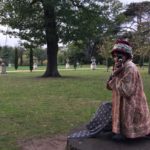 Survey results: deaf and disabled people in the cultural sector,
Survey results: deaf and disabled people in the cultural sector,
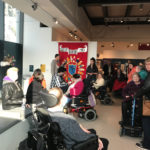 Curating for Change: deaf and disabled people leading in museums,
Curating for Change: deaf and disabled people leading in museums,
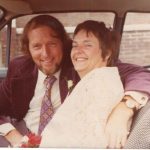 ‘I was always rebelling against the system’,
‘I was always rebelling against the system’,
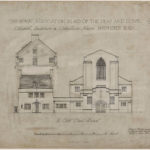 BSL introduction to the stories of Deaf people told by the History of Place project,
BSL introduction to the stories of Deaf people told by the History of Place project,
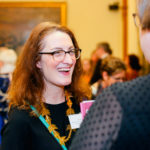 Take our surveys, help us as we develop a work placement programme,
Take our surveys, help us as we develop a work placement programme,
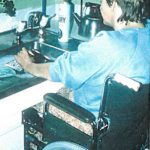 Washing up,
Washing up,
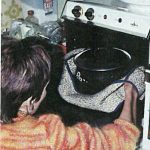 Cooking,
Cooking,
 Typing,
Typing,
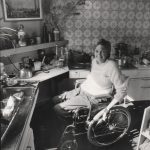 Kitchen at Grove Road – two,
Kitchen at Grove Road – two,
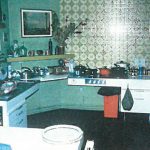 Kitchen,
Kitchen,
Training for our research group, and for members of Liverpool Mencap who picked up ideas about how to use their own archive.
Our Heritage Hub member Jessica Starns describes how she followed a route that found her work at the British Museum
Nathan shares the results of his exhaustive study of the residents of Eastbridge Hospital, Canterbury.
Attracted by spotting some distinctive drawings, Gillian Doherty goes in search of Walter Ridpath, who was once at resident at Normansfield Hospital.
Matthew Walsh on disability equality training with DaDaFest and the ‘weight of history’ he feels as he begins to delve into Liverpool’s past.
John Mills describes his introduction to oral history training – and a graveyard of superseded recording devices.
What can objects hidden behind the scenes in the museum stores tell us about the School for the Blind?
Nina on the difficulty of deciphering other people’s handwriting in historical documents, and the quest to find women’s lives at Chiswick Asylum.
Maxine Clarke on the thrill of holding 14th century vellum – and realising that Chaucer’s Wife of Bath is deaf.
Volunteer Anna finds that discoveries in different archives are already beginning to link together.